Once considered friendly giants, Botswana has a new relationship with elephants
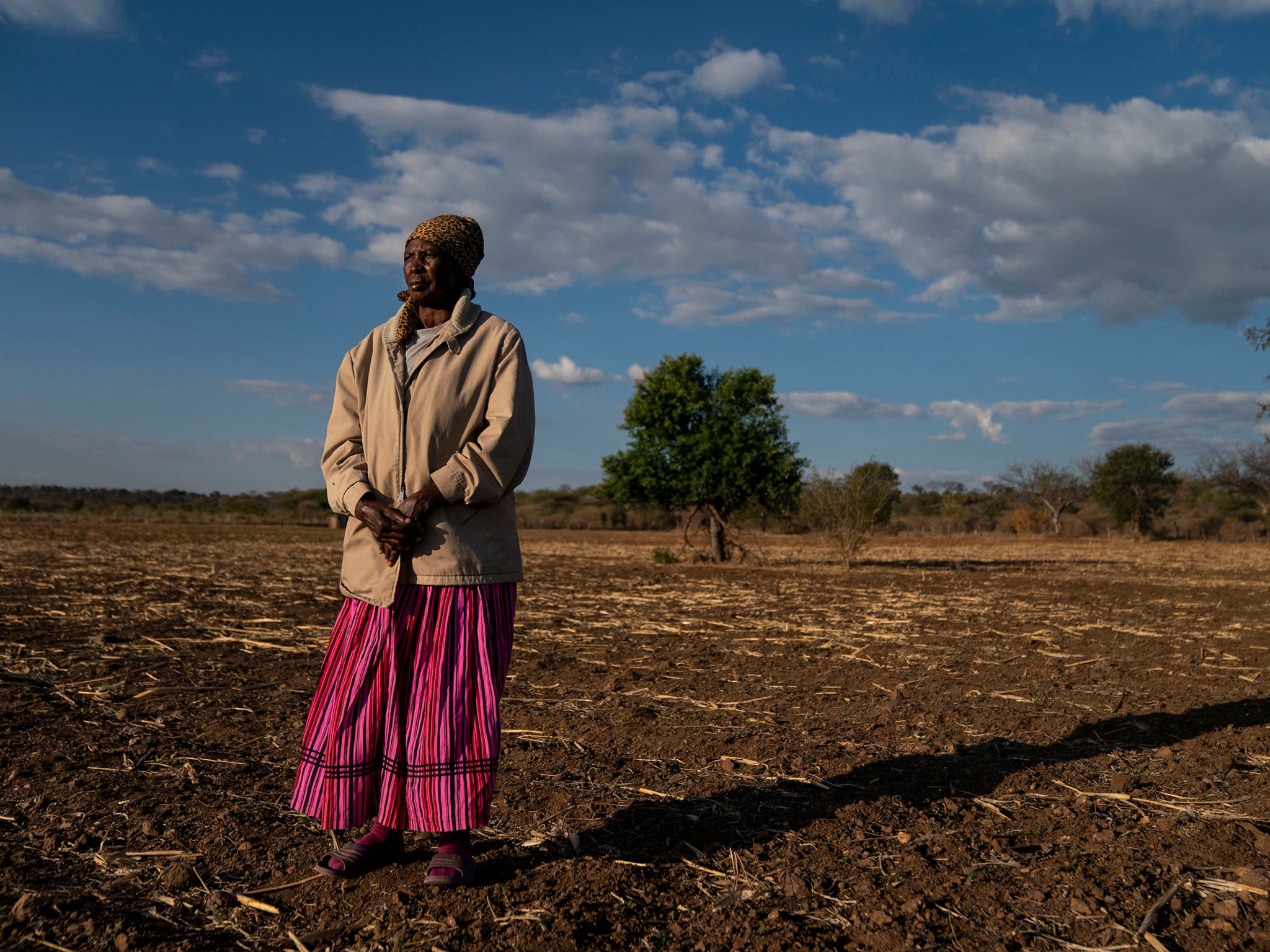
For as long as they can remember, farmers in Botswana lived mostly at peace with elephants, whose knowing eyes and playful kids made them seem almost like friendly human neighbours. This southern African country of savannas and swamps is home to roughly one-third of Africa’s elephants, thanks in part to strict anti-poaching enforcement and a trophy hunting ban that have made it a darling of conservationists and a mecca for high-priced tourism.
I hate elephants...They have widowed me, and they have left me without a harvest
But the population spike has not been easy for the people who live alongside them, and a backlash has erupted. “I hate elephants,” says Lumba Nderiki, a farmer well into her eighties, as she strolls through her modest and barren field in the Chobe enclave, a strip of mostly farmland between the river and national park of the same name. “Two simple reasons: they have widowed me, and they have left me without a harvest.”
Nderiki and her husband had been married 65 years before he was killed by an elephant in 2014. Like nearly everyone else in this cluster of villages, it has been years since her fields weren’t trampled and eaten up by what she calls “the giants”. She used to grow more than 100 bags of sorghum in a season. Last harvest, she salvaged three.
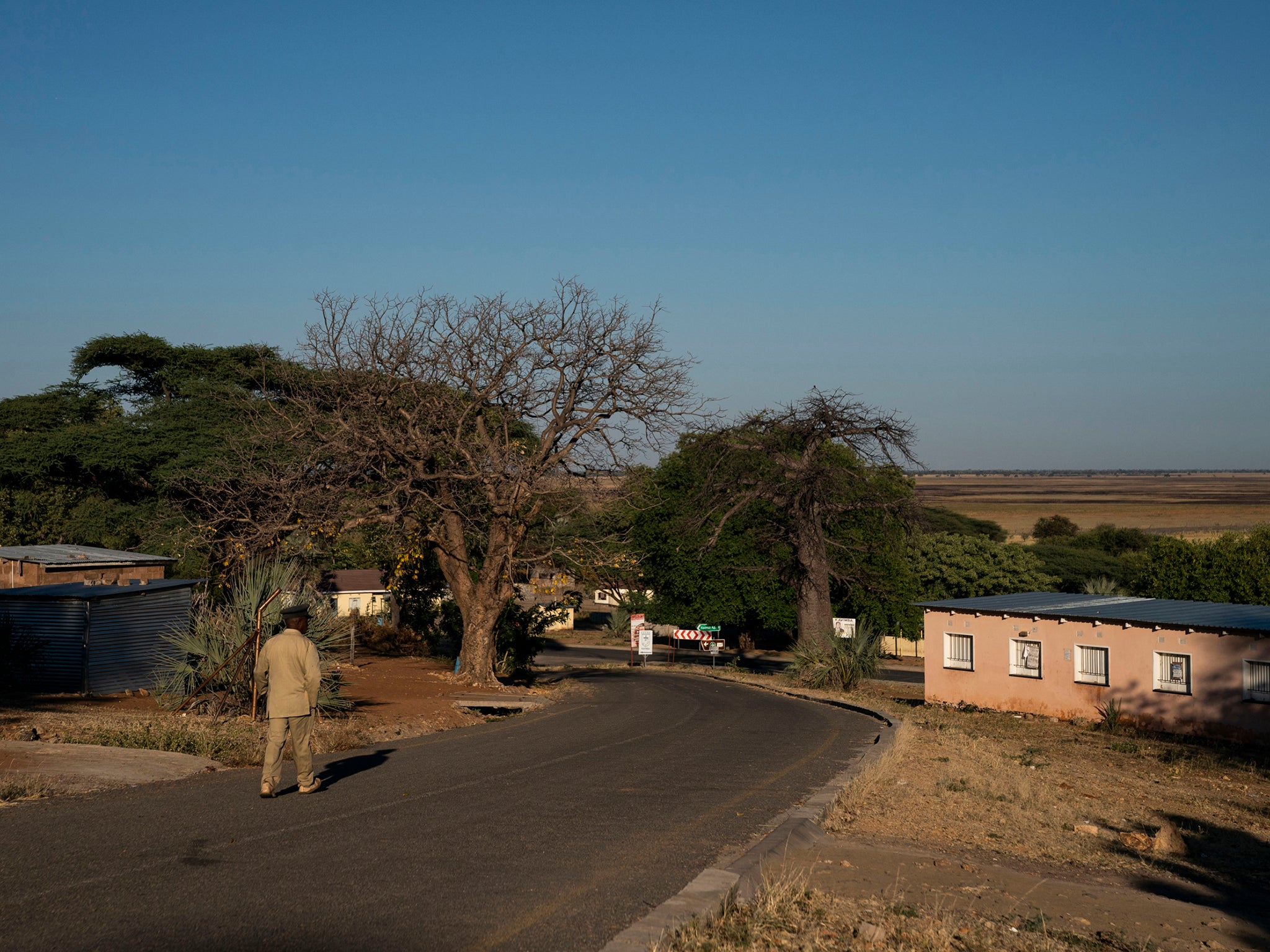
Growing resentment towards the animals among farmers here and around Botswana is upending the country’s politics and prompting the reversal of policies that turned tourism into Botswana’s second-biggest earner after diamonds. The furore has also spilled into a larger debate over race in a country where white foreigners and the descendants of colonialists control much of the conservation and tourism sectors while many who live outside the national parks eke out a living on government subsidies.
If there were anywhere elephants could become a populist issue, it is Botswana, which has a human population of just over 2 million and an elephant population of about 130,000. The country’s president, Mokgweetsi Masisi, was appointed last year and is up for his first election in October. He has forcefully taken the farmers’ side, turning elephants into a major campaign issue. In May, he lifted a ban on the trophy hunting of elephants put in place by his predecessor.
He has given stools made of elephants’ feet to visiting heads of state. And his government floated the possibility of culling and processing elephant meat as pet food. The president clarified in a recent Facebook post that there would be no culling and no pet food factories. But he said that in his view, the numbers of elephants are now “far more than Botswana’s fragile environment, already stressed by drought and other effects of climate change, can safely accommodate,” leading to a “sharp increase” in conflict between humans and elephants. He believes a limited, permit-based return to hunting can solve the crisis.
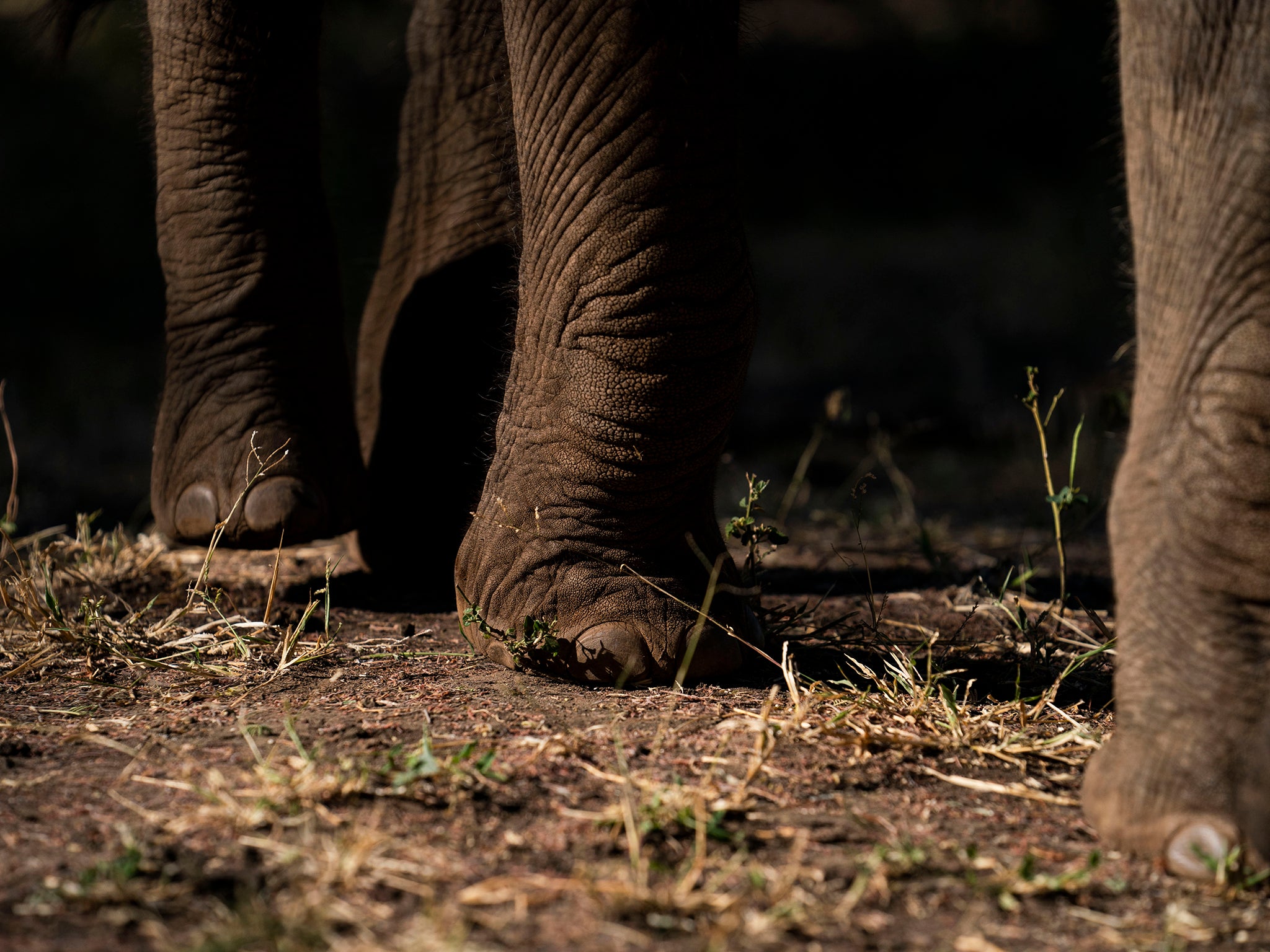
Some conservationists argue that Masisi’s assertions aren’t true, and that even if they were, allowing hunting for sport isn’t an effective population-control method. Mike Chase, who runs Elephants Without Borders, a research charity that conducts the only elephant census in Botswana, says the elephant population has been stable for at least a decade and that the government’s own data shows instances of human-elephant conflict have been relatively constant, too.
The growth in Botswana’s elephant population from approximately 80,000 in 1996 to 130,000 in 2014 has been attributed to strictly upheld anti-poaching policies, which remain largely in place under the current president. Across Africa, however, poaching has contributed to steep declines in elephant populations over the past decade. Trophy hunting of elephants is legal in many African countries, including in every country Botswana borders: South Africa, Namibia, Zimbabwe and Zambia. Governments set permit quotas that are re-evaluated annually and can range from a few dozen to hundreds.
80,000 to 130,000
The population of elephants in 1996 compared with 2014, thanks to anti-poaching policies
Botswana’s government has said it plans to issue no more than 400 permits once legal hunting comes into effect. A permit can cost tens of thousands of dollars, though critics argue that little of that money filters down to local communities. Data on elephant populations and human-elephant conflict are inexact. The census relies on aerial surveys, and instances of conflict rely on people to report them.
What’s palpable is how people on both sides feel about elephants, and emotions run high. Some tourists are reacting to the reintroduction of hunting – which still doesn’t have a start date – by canceling trips. “Just got another typical mail today. Guest says after a dozen visits she will not come back to Botswana,” says Dereck Joubert, a conservationist, filmmaker and lodge owner.
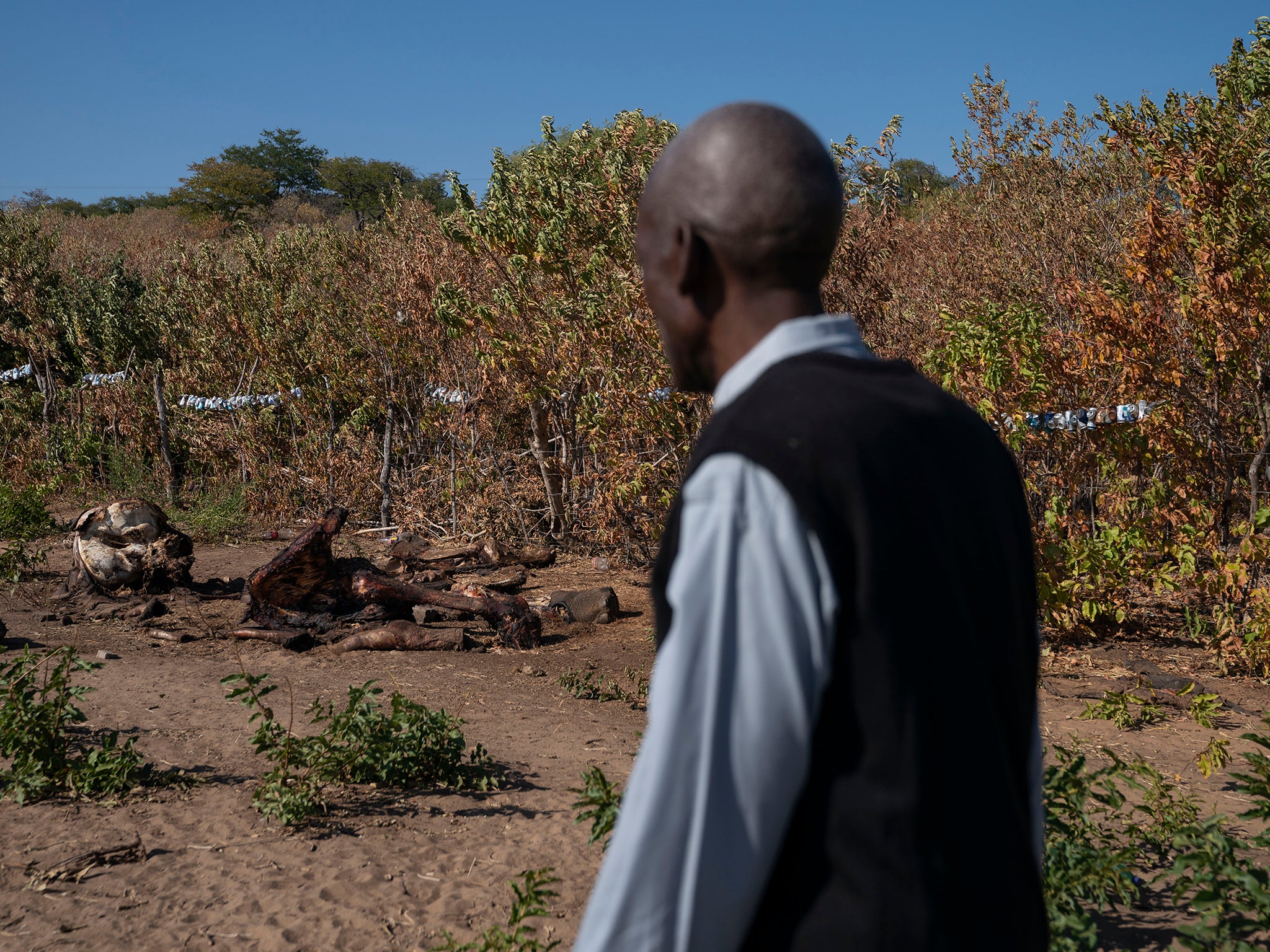
The country’s former president, Ian Khama, defected to the opposition last week, in part out of disdain for his successor’s rollback of the hunting ban. Khama is close with Chase, whose family has lived in Botswana for five generations, and both conservation and tourism flourished during Khama’s decade as president. “There’s a sense among people across Botswana that Khama was a protector of the whites, the owners of many of our big farms and lodges, at the people’s expense,” says Anthony Morima, a writer and political analyst.
“Masisi casts himself as a nationalist taking back control, which goes along with an increasing feeling here that we don’t want white people or foreigners to tell us how to live.”
Chase laments how the conversation has turned to race and said his citizenship was often questioned. “This new government has changed everything for us,” he says.
People in Chobe enclave are impressed by the current president and largely express scorn for his predecessor’s pro-elephant legacy. Despite being surrounded by parks and lodges, less than a quarter of people in the enclave are employed through tourism or conservation, and the benefits of elephants are less immediate than the destruction they wreak.
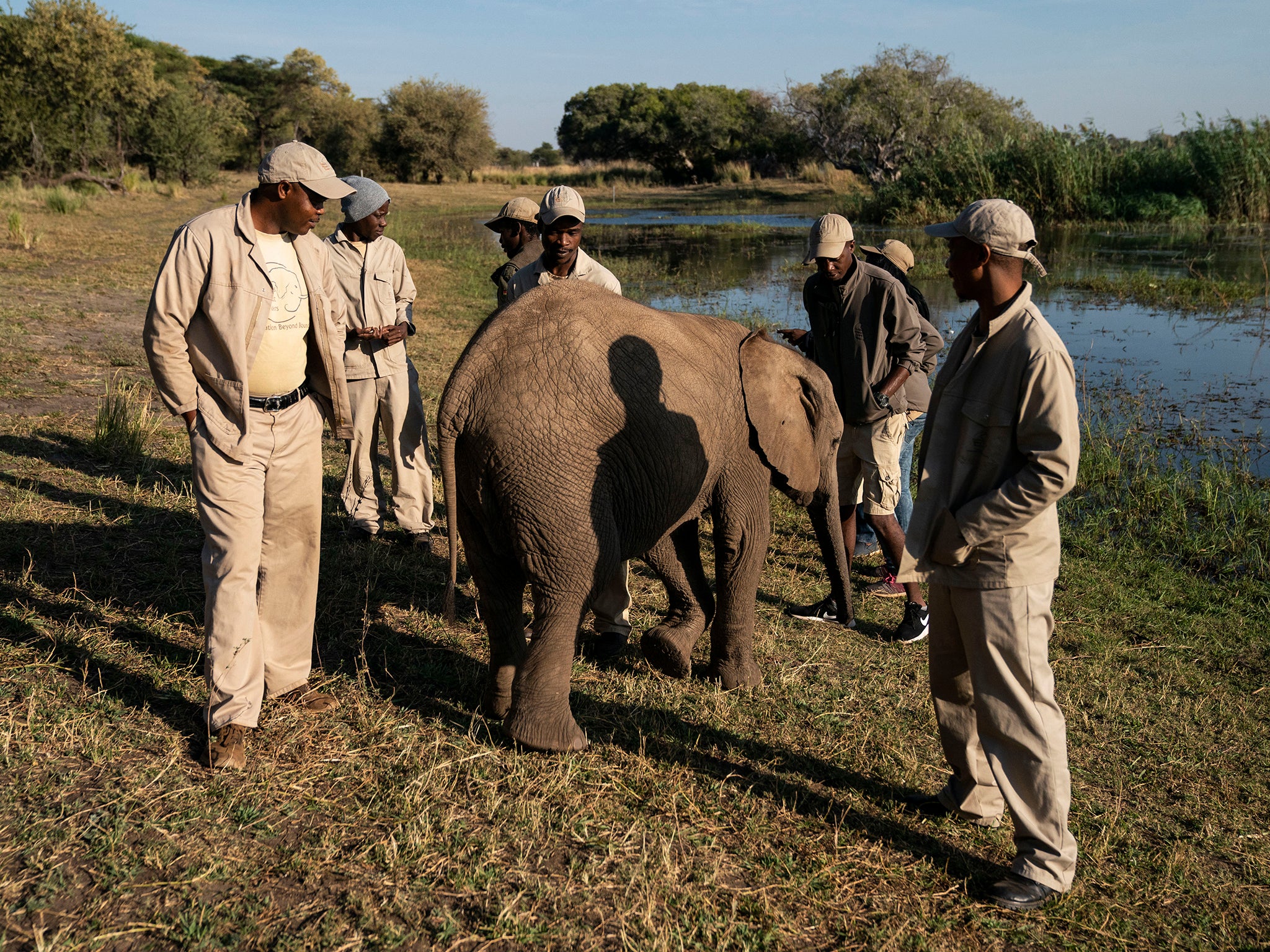
“Khama was worried that the white tourists had to go too far into the bush to see elephants, so he allowed them to multiply until they became more than us,” says Zoom Shanzinza, 62, while stepping out of church near his farm on a recent day shortly after the hunting ban was lifted. “We are waiting for Masisi to allow us to take these matters into our own hands. Until then, we are being expected to suffer.”
The amount of money tourists bring through the region is also well known. Tourism is a multibillion-dollar industry in Botswana and by government estimates makes up about 12 percent of the country’s income. People like Chimney Mululwani, 45, have worked in lodges, and, in rare cases such as his, become managers. They bring back stories of bottles of wine and excursions that cost more money than most in Chobe enclave have ever seen.
12 per cent
The proportion of Botswana’s income coming from tourism
“I have seen the figures – I know how many millions are coming into some of these places. Whereas if you show someone here a couple of hundred dollars, it will seem to them as if they are seeing all the money in the world,” he said. “How could there not be resentment?”
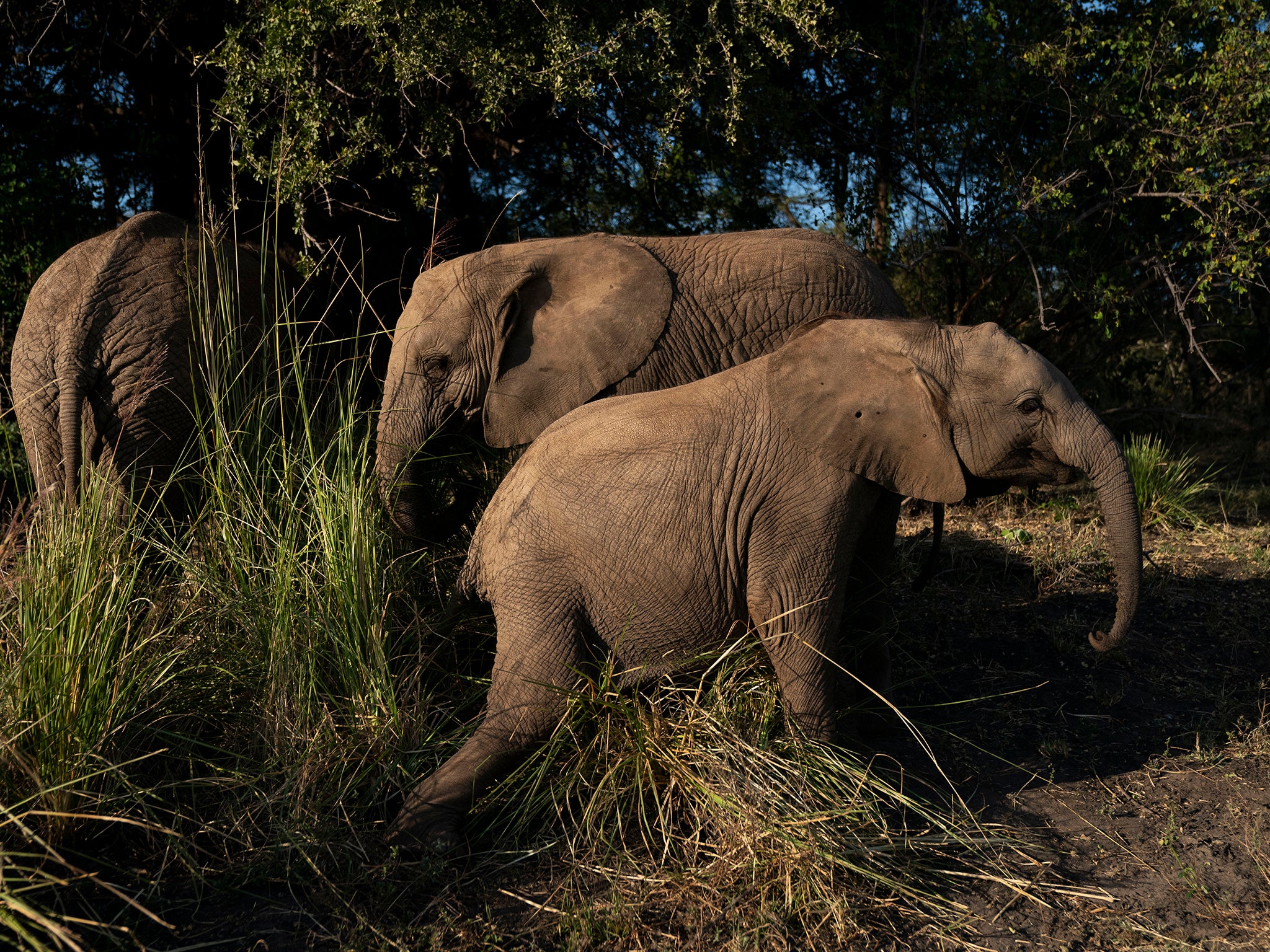
While not everyone believed hunting would directly benefit them, either, many hoped Masisi’s moves indicated he had farmers’ interests, not conservationists’, at heart. The government, conservationists and Chobe enclave residents all agree on one thing: big tour operators need to direct more of their earnings towards local communities, or else backlash will only grow. Maggie Zambo, 42, laughed off the prospect of hunters improving her life. “Will they come from America in time to shoot an elephant in my field?” she asks, surveying a fence around her field damaged by an elephant.
Her relative, Matthews Zambo, is running for local office on a platform that proposes less complicated solutions to this crisis than rebuilding a hunting-permit based economy. He proposes fixing boreholes that provide water in the park, so elephants don’t need to cross villages to get water from the river. And instead of free seeds, the government should be providing electric fencing for farms, he says.
Without quick fixes, locals are trying whatever they can. Ephraim Simasiku, 71, spent a whole month stringing metal cans along a wire to create a fence around his farm that, with its glint and clang, might scare off elephants. He spends entire nights patrolling his field, full of the juicy watermelons that elephants love, with a flashlight and drum. Elephants ate 400 out of the 1,000 he planted this season.
A farmer like me can get no sleep
“During the night, elephants. During the day, elephants,” he said. “A farmer like me can get no sleep.” On the night of 14 May, when all his other methods failed, Simasiku reached for his last resort: a rifle. The next day, people came to his field from all over the enclave to take home a piece of the meat.
© Washington Post
Join our commenting forum
Join thought-provoking conversations, follow other Independent readers and see their replies
Comments